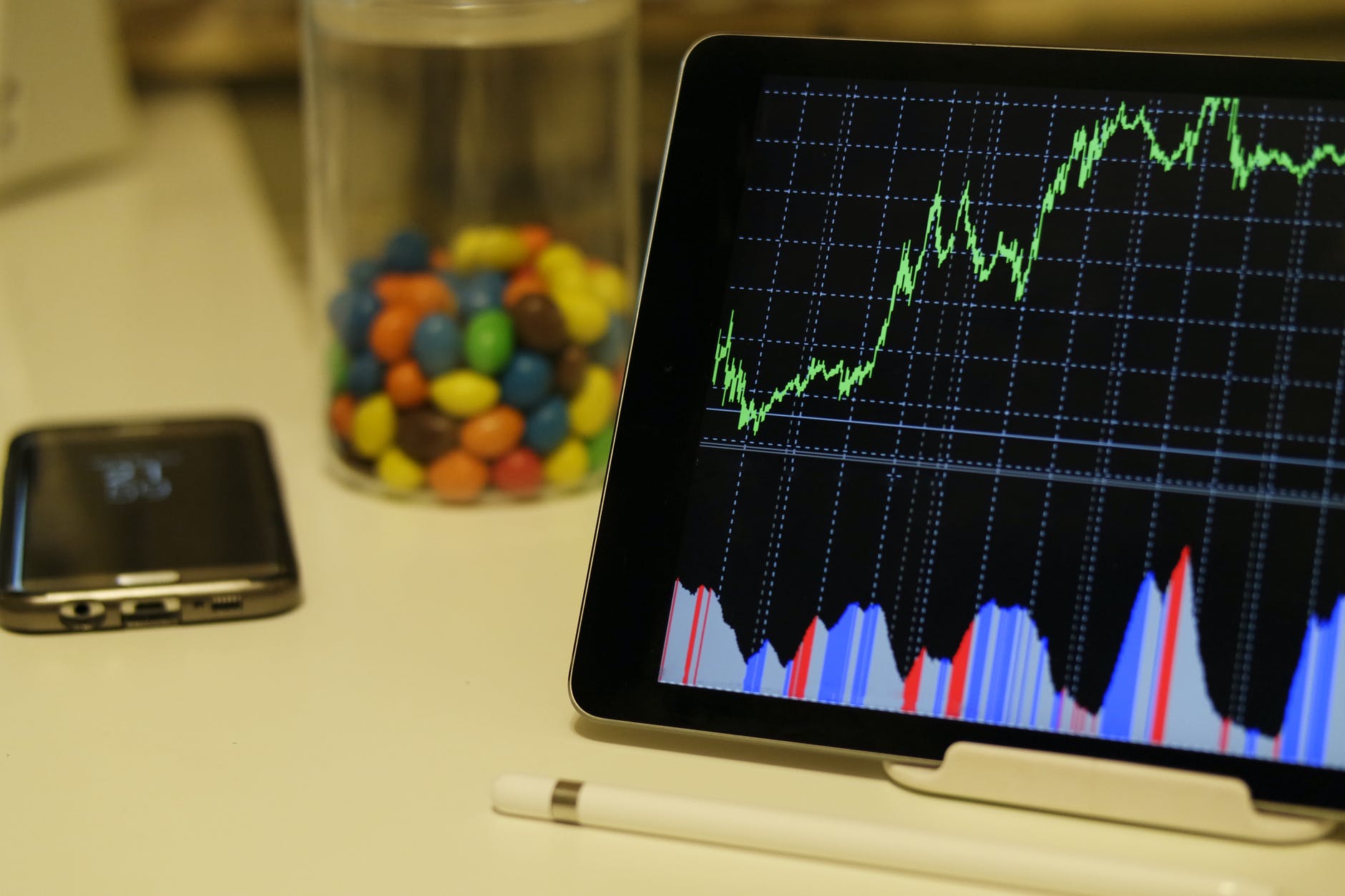The difference between investing and trading

Investing and trading, what’s the difference? Is one better than the other? We’ve heard stories about holding stocks for over 10 years, yet at the same time, we’ve heard of people reaping huge returns during a market crash or a market boom.
Ultimately, they both seek profit from the stock market, but the key difference is fundamentally the way to get there. It’s important to bear in mind that ultimately, trading and investing are pretty different subjects, so here are 5 main differences to note
1. Time frame
Investing usually takes a while, from anyone from 1 year to 10 years. The best stock I had in portfolio paid a 21% dividend across 10 years, and gave me a capital return (not including compounded dividend returns) of 300% after it was eventually bought out. That said, in the first 6 months I held the stock, it fell by almost 30% in value.
Trading on the other hand, is usually a matter of days or even minutes, giving rise to near-instant profits and losses.
2. Technical vs fundamental
Investors (or the more profitable ones, like Warren Buffet), often concern themselves with the fundamentals of the underlying instrument. For equities/companies, this might be the balance sheet, income states, cash flow etc. The premise here is that in the long run, if a company has a fundamentally good business, the value of its stock will increase in value over time.
Traders on the other hand, concern themselves with price indicators, to suggest where the price would move towards in their shorter time frame period. These indicators are usually based on the price movements in the relative time period, and include moving averages, Bollinger bands, opening and closing prices, resistance bands etc etc.
As per the example above, my best performing stock would have been a terrible trade, but was an excellent investment, because how the instrument is evaluated is fundamentally different
3. Psychology
The psychology of a winning trade and a winning investment is completely opposite. In trading, you want most of the market to agree with your trade the moment you make your trade, so that cumulatively you can take advantage of the price movements in your chosen direction (basically, up or down). In investing, you actually want most of the market to disagree with your investment the moment you make your investment, which generally lead to mispriced assets, so that you can capture the upside or downside when the market correctly prices the asset.
4. Instruments
In most cases, investors invest in instruments where there are objective facts which can lead to some degree of objective assessments. As per the example above, for companies, this might be the balance sheet, income states, cash flow etc. Traders on the other hand, can trade across a multitude of instruments as long as they understand how their chosen indicators can be applied to price movements for that instrument.
5. Personality
Trading and investing are two very different creatures, and therefore, lend themselves to different personalities. Investing takes time and is usually across a longer time frame and therefore requires the investor to be patient. Because of the longer time period, it also is more forgiving for investors who make take a bit more time to make their decisions, as the impact and price movements are spread out across a longer period of time.
Trading on the other hand, is done in a shorter period of time, and therefore requires decisive action. Traders can be punished with lost profits and increasing losses if they do not take action in a timely manner. Because of the swings in price movements in a short period of time, traders will also need to deal with their emotions in executing their trades. In a separate article, I’ve summarized a number of key principles that need to be borne in mind when trading.
So, investing or trading? Ultimately, it depends on your lifestyle, your personality, and your skillset. It does however, benefit every individual to properly understand both styles to ensure that you do not use the wrong principles to make an investment or a trade. With the proper strategies, plan, and practice, both trading and investing can be sustainable sources of passive or active income.
I’m on a journey to try to make knowledge and education more accessible and affordable, and to sieve out the noise in an age saturated with information. Practicing lawyer by day (I specialize in working with clients in the technology industry), and aspiring technology educator by night. I’ve built up sustainable sources of income spanning across an income-generating portfolio, intra-day trading, and investment in businesses, and continue to help individuals to discover their own sources of alternative income.